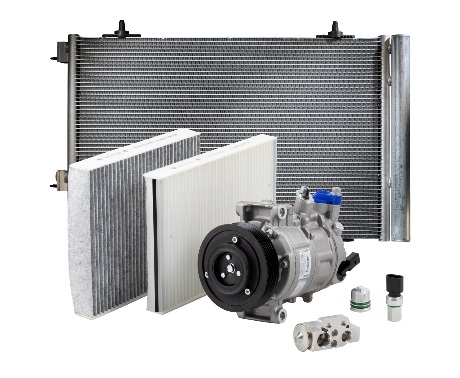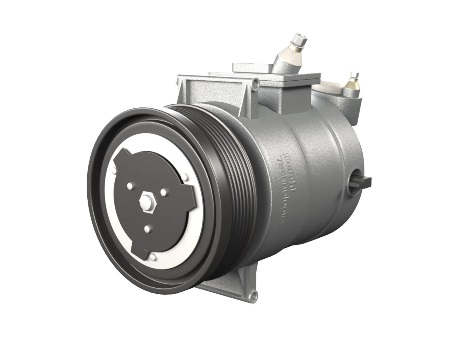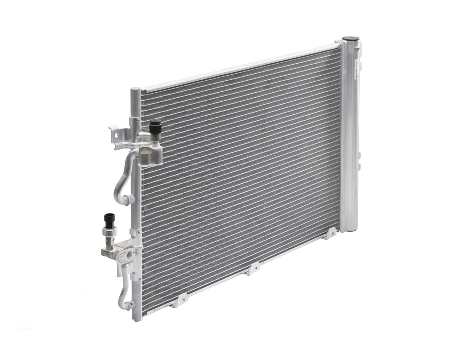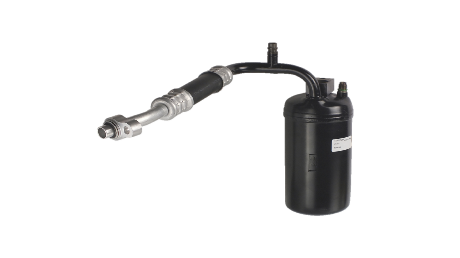Cabin Air Filters

High-performance media
All our cabin air filters use a high-performance, non-woven fabric to eliminate dust, pollen, bacteria and exhaust particles, amongst others. The specially designed filter fabric contains up to five individual layers, removing near 100 percent of harmful pollutants.
Enhanced protection
Over time moisture can build up in the filter and become a feeding ground for bacteria and mould. This can then spread into the lines of the HVAC system, where it emits unpleasant odours. For the ultimate protection from this and other pollutants, we also offer a range of carbon activated filters. Our carbon activated filters feature the same high quality, non-woven fabric as our particle filters, with the addition of a layer of activated carbon. Sandwiched between two layers of fleece, this highly effective technology removes more pollutants than standard filters, and expels nasty gases and smells too.
The Delphi Difference
-
100 years of OE experience, supplier to the world’s top automakers
-
OE heritage and knowledge built into every aftermarket part
-
Comprehensive portfolio for a wide range of vehicles and model years
-
Streamlined SKUs for easy inventory management
-
Support through tools, tips and training

Related product resources and downloads

Resource Highlights
Do | Oil balance the compressor according to the instructions provided with the compressor. An oil balance will ensure the compressor has the correct amount of compressor lubricant for proper compressor operation. |
Do | Leave protective shipping cap in place until assembly of refrigerant lines. Prevent loss of lubricant and contamination or unit, and absorption of moisture by PAG lubricant. (PAG readily absorbs moisture from the atmosphere.) |
Do | Store compressors in the shipping box until ready for installation. Damage to the clutch, electrical terminals and pressure switches will result if the compressor is handled and/or stored improperly. |
Do | Use correct torque control tools:
|
Do | Hand start bolts securing the suction discharge hose set to the compressor. This is a critical requirement. This will prevent the steel bolt from stripping the threads or cross threading in the aluminum compressor housing. |
Do Not | Set the compressor on either end, stack or subject them to shock at any time. Keep the compressor in a horizontal position. This Damage to the clutch, electrical terminals and pressure switches will result if assemblies are handled and/or stored improperly. |
Do Not | Lubricate seal washers prior to attaching refrigerant lines to the compressor. Seal washer design does not require lubrication to affect a leak free joint. |
Do | Replace protective shipping cap on suspect or defective compressors. Uncapped compressors are subject to leak lubricant, become damaged, or absorb moisture, making subsequent analysis difficult or impossible for the part supplier. |

Visit our Technician Library for access to Documents and Downloads
Get in touch
The full Delphi Air Conditioning product range
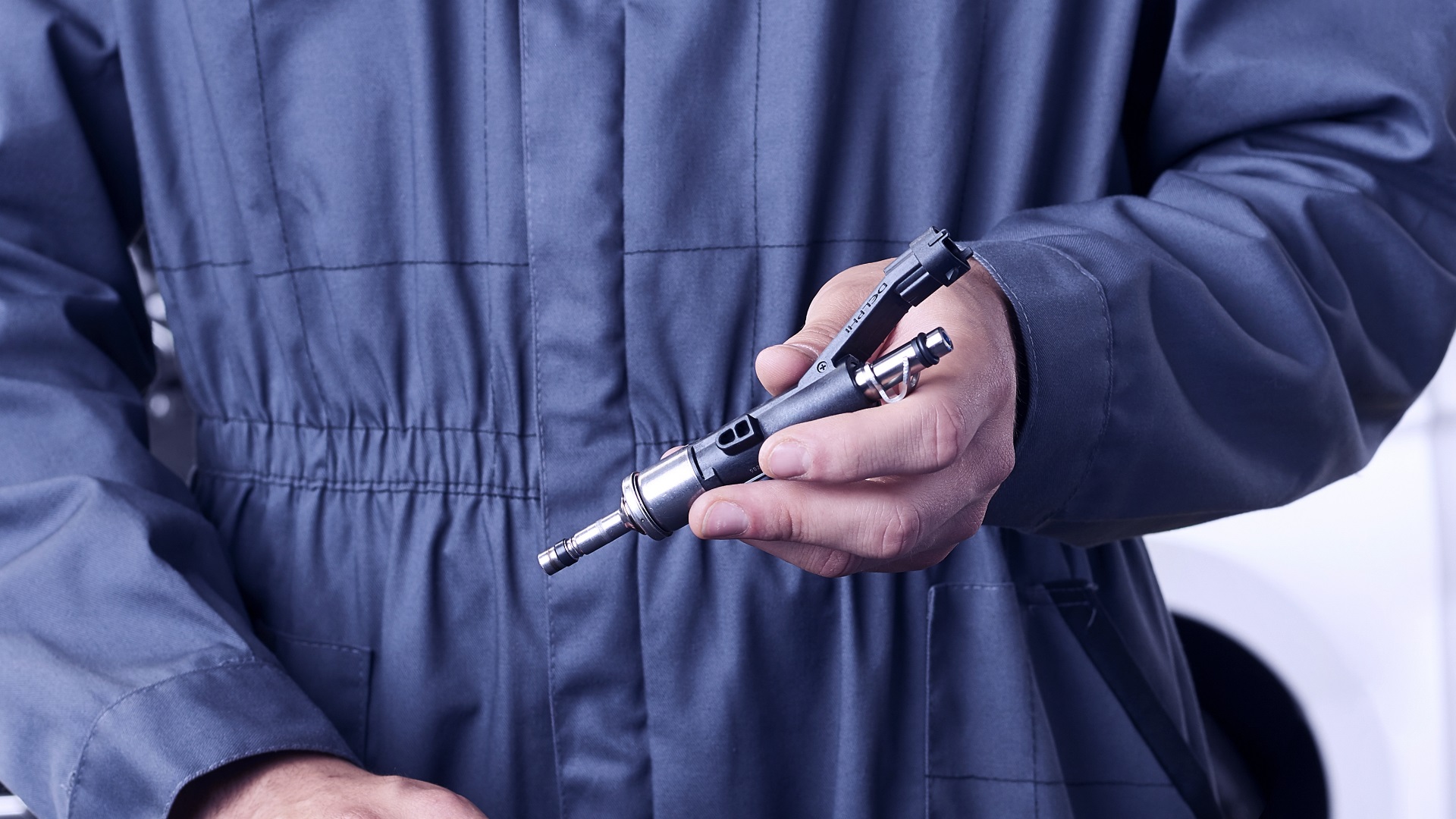
Find out where to buy Delphi parts

.tmb-460w.jpg?Culture=en-GB&sfvrsn=c70917c0_6)
